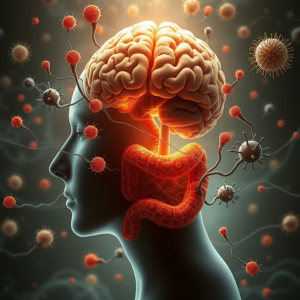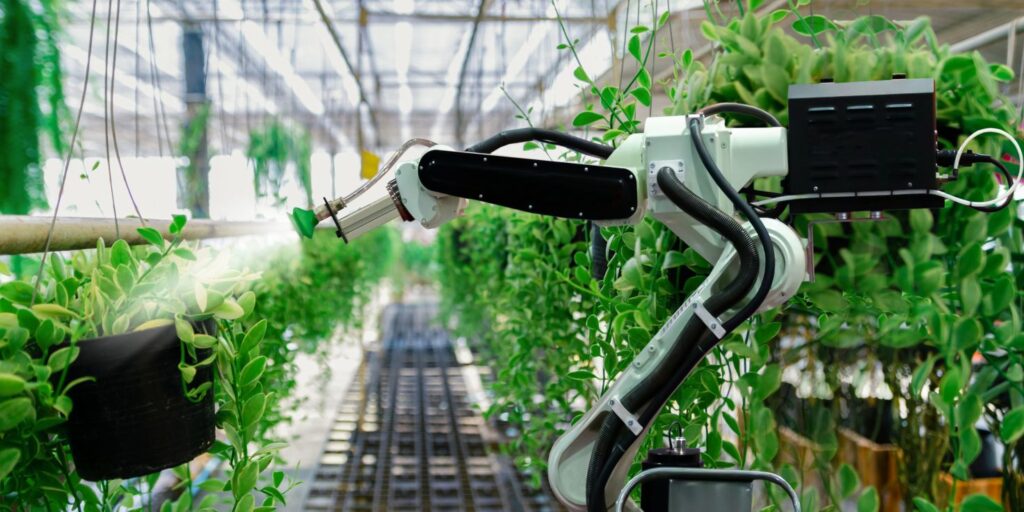In the era of digital transformation, Artificial Intelligence (AI) has become an integral part of our daily lives, from smart applications on our phones to medical diagnostic systems.
With diverse types of AI and technologies, it is essential for readers to understand AI clearly and its role in our future.
In this article, we explore 7 main types of AI and how each one impacts our lives.
7 Types of AI to Explore:
1. Narrow AI
This is the most common type of AI today.
It specializes in specific tasks, such as voice assistants like Siri and Alexa or image recognition systems.
Narrow AI performs efficiently within a limited scope, like analyzing medical images or operating self-driving cars, but it cannot handle tasks outside its defined range.
2. General AI
General AI aims to mimic the full range of human cognitive abilities.
Unlike Narrow AI, it is designed to learn and innovate across multiple intellectual tasks.
While still in experimental stages, General AI represents the ultimate goal for scientists: systems that can think and learn like humans.

3. Strong AI
Strong AI is an advanced form of General AI capable of performing all human intellectual activities, including deep reasoning and solving complex problems.
Achieving Strong AI would revolutionize innovation in science and technology.
4. Emotional AI
Emotional AI focuses on understanding human emotions by analyzing facial expressions, vocal tones, and behaviors.
It is used in advanced digital assistants, healthcare applications, and educational tools to provide emotional support and motivation for users.
5. Predictive AI
Predictive AI uses historical data and mathematical models to forecast future events.
It is widely applied in healthcare to anticipate diseases and in business to predict market trends, helping companies and individuals make strategic, data-driven decisions.
6. Explanatory AI
Explanatory AI enhances transparency by explaining how AI systems make decisions.
This is particularly important in sensitive fields like healthcare, increasing user trust and making AI systems more widely accepted.
7. Augmented AI
Rather than replacing humans, Augmented AI enhances human capabilities and supports decision-making.
In medicine, it assists doctors in analyzing data and diagnosing diseases faster and more accurately, improving performance and productivity.
How to Benefit from AI Types
AI impacts nearly every aspect of our daily lives, from improving business operations to supporting healthcare and education.
Understanding these seven AI types helps individuals and organizations harness the full potential of this advanced technology while minimizing risks.
The future depends on developing AI systems that are transparent, human-centered, and capable of maximizing benefits.
Source: https://mawsuah.com/article/328








